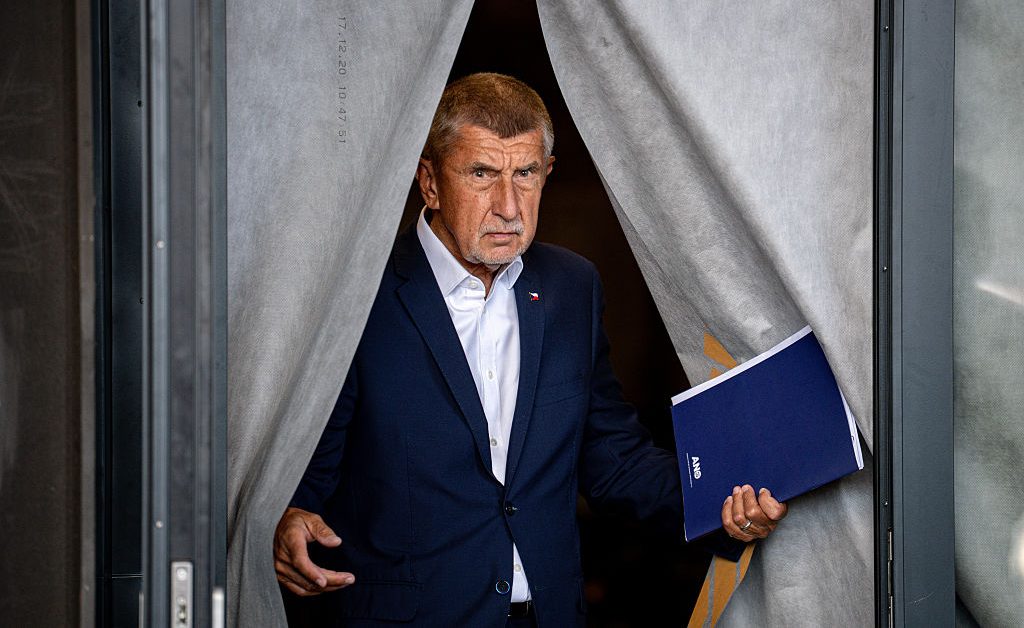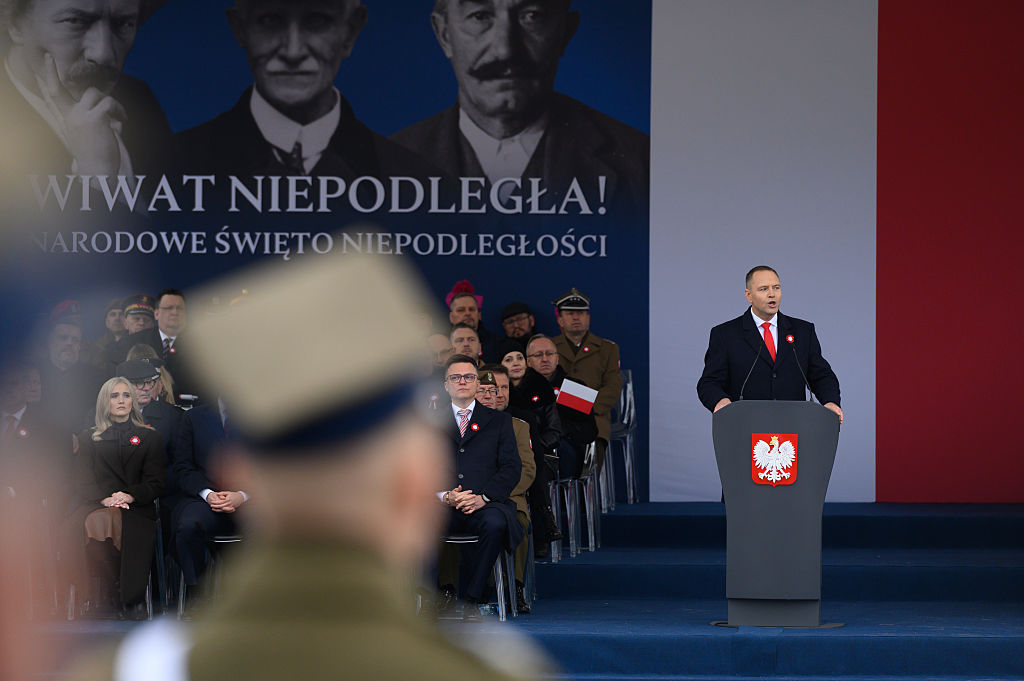Babiš builds majority to govern – and to shield himself from trial
It is not only Babiš who is facing legal troubles; his allies in Parliament are too

PRAGUE – Following his decisive electoral win, Czech populist leader Andrej Babiš is moving to assemble a parliamentary majority not only to govern, but also to protect himself from ongoing legal proceedings over alledged EU subsidy fraud.
Babiš’s ANO party won 34.5% of the vote, and he is now negotiating a coalition with Tomio Okamura’s far-right SPD and the populist Motorists party. Together, the three forces control 108 of 200 seats in the lower house – enough to pass legislation and, crucially, to block any move to lift parliamentary immunity.
Just days after the vote, the Prague City Court formally requested that the newly elected parliament strip Babiš of his immunity so that prosecutors can proceed with the long-running Čapí hnízdo (Stork Nest) case.
The €2 million EU subsidy affair centres on allegations that a conference centre was temporarily detached from Babiš’s Agrofert holding to falsely qualify as a small business eligible for EU funds.
Legal pressure intensifies
Babiš has been twice acquitted at first instance, but his legal position weakened in June when the High Court overturned earlier verdicts and instructed the lower court to issue a conviction for EU subsidy fraud and damaging the Union’s financial interests.
He continues to deny wrongdoing, calling the case “a political process” and insisting that “there is no evidence of my guilt.”
It is not only Babiš who is facing legal troubles; his allies in Parliament are too.
Okamura, who has regained parliamentary immunity after a separate hate-speech case, has already pledged loyalty to his prospective coalition partner.
“We will definitely not vote to lift his immunity,” he said ahead of the elections, while being tipped to become the next speaker of parliament.
Meanwhile, the Motorists party has also faced controversy, with police scrutinising allegations of hate speech linked to Filip Turek, the party’s prominent figure who has been floated as potential foreign minister.
Immunity pact
Opposition voices warn that the incoming coalition risks prioritising legal self-preservation over governance.
“The main priority in forming the new government is that Babiš and Okamura keep their parliamentary immunity and avoid a fair trial,” said Christian Democrat lawmaker Jan Bartošek.
“Instead of our country’s prosperity and security, the priority will be making sure the prime minister, the speaker and the foreign minister do not go to jail.”
Public opinion remains divided. A poll for Czech Television found 56% of respondents in favour of lifting Babiš’s immunity, while 41% support him.
With coalition talks ongoing, the question facing Prague – and Brussels – is whether political power will be used to govern, or to shield those who hold it.
(cs)






